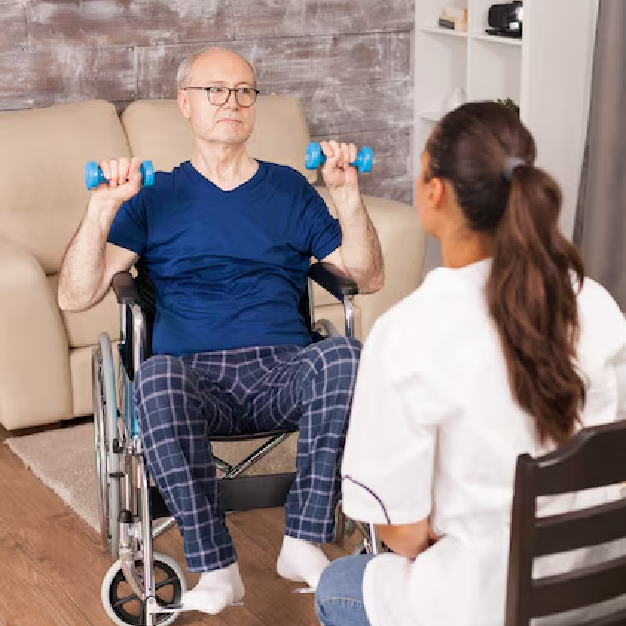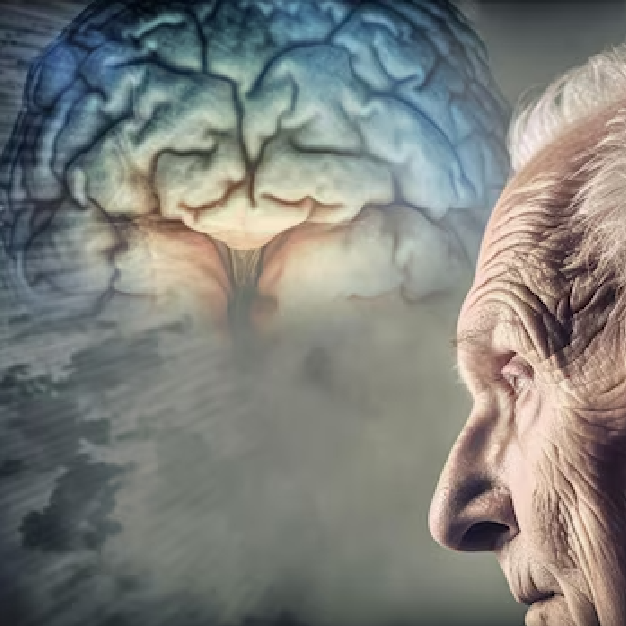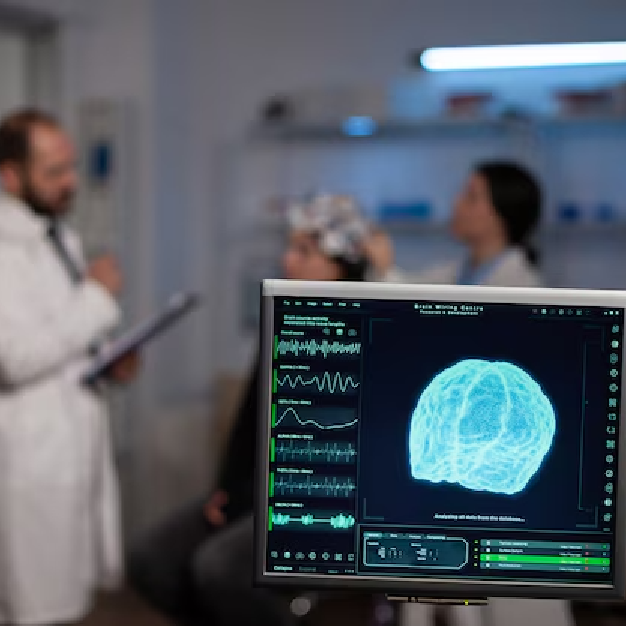Stroke and Neurological Disorders
Stroke Diagnosis and Rehabilitation
Stroke is a medical emergency that demands quick diagnosis and effective treatment to minimize brain damage and promote recovery. Rehabilitation plays a critical role in helping stroke survivors regain lost abilities and improve their quality of life. Below is an overview of stroke diagnosis and rehabilitation.
- CT Scan (Computed Tomography)
- MRI (Magnetic Resonance Imaging)
- CTA (CT Angiography) or MRA (Magnetic Resonance Angiography)
- Electrocardiogram (ECG)
- Neuroimaging and Blood Flow Assessment


Seizure Management
Seizures are sudden, uncontrolled electrical disturbances in the brain that can affect a person’s consciousness, movement, or behavior. Proper management of seizures is crucial for reducing their frequency and impact, as well as improving the patient’s quality of life. Seizure management involves diagnosing the underlying cause, treating the seizures themselves, and providing long-term strategies to control and prevent future seizures.
- Phenytoin (Dilantin)
- Vagus Nerve Stimulation (VNS)
- Cannabidiol (CBD) for Epilepsy
- Post-Seizure Care
- Responsive Neurostimulation (RNS)
Parkinson's and Other Neurological Disorders
Neurological disorders affect the nervous system, which includes the brain, spinal cord, and peripheral nerves. These disorders can impact a wide range of physical and cognitive functions, and their management involves both treating symptoms and improving quality of life.
- Bradykinesia
- Deep Brain Stimulation (DBS)
- Cholinesterase Inhibitors
- Disease-Modifying Therapies (DMTs)
- Guillain-Barré Syndrome


Brain Tumor Treatment
A brain tumor is an abnormal growth of cells within the brain or nearby structures. Tumors can be either benign (non-cancerous) or malignant (cancerous), and they may cause various neurological symptoms, depending on their size, location, and rate of growth. Effective treatment aims to remove or shrink the tumor, alleviate symptoms, and prevent recurrence.
- Minimally Invasive Techniques
- External Beam Radiation
- Stereotactic Radiosurgery
- Epidermal Growth Factor Receptor (EGFR) Inhibitors
- Neurorehabilitation

Trust, Care & Cure
Quick Links
Contact Info
-
Sugam Multispeciality Hospital
No 26 , Vettavalam bypass road ,
Near thiruvalluvar statue ,
Tiruvannamalai - 606601 . - 8667622495 , 04175250255
- sugamhospitaltvm@gmail.com
